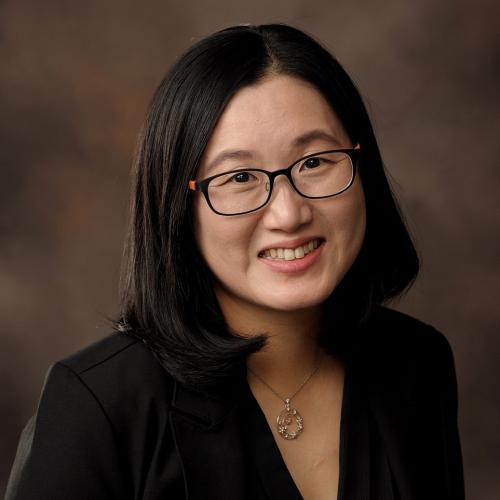With her focus on the maker movement in libraries and community engagement, Associate Professor Kyungwon Koh is a natural for her new role as director of research for the CU Community Fab Lab. Short for "fabrication laboratory," the Fab Lab encourages individuals to develop new ideas, solve problems, and make things. Free and open to anyone who is interested, the Fab Lab promotes personal growth, economic development, and cross-cultural understanding.
"The C-U Fab Lab was one of the first places I visited when I joined the iSchool in 2018," said Koh. "Its strong community engagement mission and focus on youth and families—including those from nondominant cultures—is such a wonderful fit for my research."
Koh holds an MS and PhD in library and information studies from Florida State University and a BS in library and information science from Yonsei University in South Korea. Her areas of expertise include digital youth, the maker movement, learning and community engagement through libraries, human information behavior, and competencies for information professionals. This past semester, she co-taught Make, Design, and Learn in Libraries (IS 582MD) with Emilie Butt, the Fab Lab's instruction and engagement coordinator.
The Fab Lab has developed relationships with several community partners over the past decade, including the UNCC (Urbana Neighborhood Connections Center), Urbana Free Library, and Urbana Middle School.
"I'm looking forward to working with the Fab Lab team to further increase its full potential as a community-research partnership centerpiece and PreK-12 pipeline on campus, which will expand the capacities of the university to work with the community and ultimately benefit the entire campus and community," said Koh.
